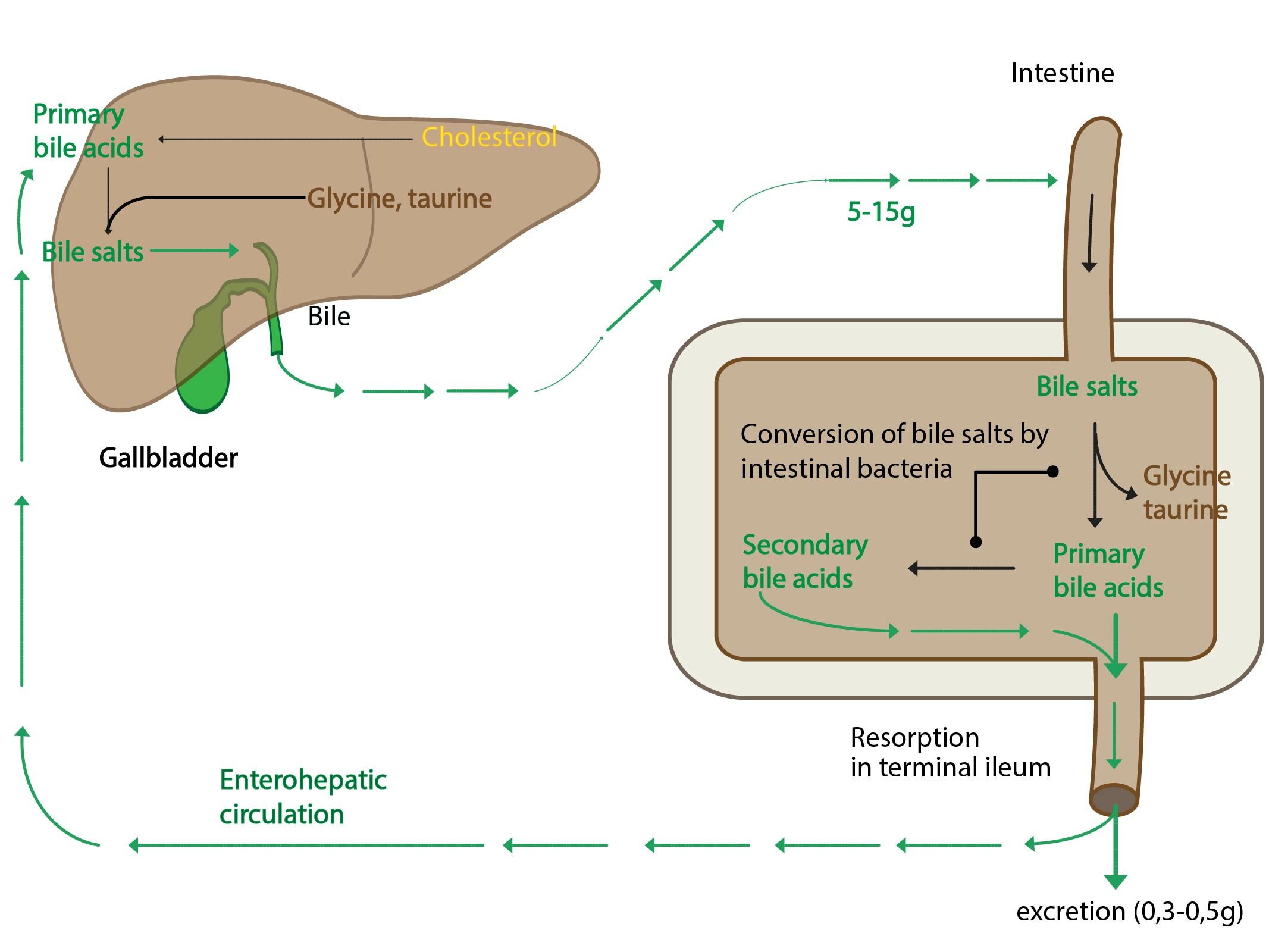Colorectal cancer, colon cancer or bowel cancer is a type of cancer that occurs in the colon, rectum or the appendix. This disease is diagnosed based on several symptoms, including anemia and rectal bleeding. Generally speaking, colorectal cancer results from poor lifestyle and increasing age, though some cases are associated with genetic disorders. Because this disease usually develops with age, individuals are encouraged to undergo screening when they reach the age of 50. Here are 10 facts about colorectal cancer that you should know:
10. Sunshine and Vitamin D are effective and powerful preventers of colorectal cancer.

Photo Source: www.npr.org
Based on research, there exists a significant link between colorectal cancer and vitamin D. It was found out in a study conducted several years ago that majority of people with colorectal cancer have abnormally low levels of vitamin D, while those with high levels of the vitamin are less likely to develop this type of cancer. Also, people with colorectal cancer are less likely to die from the disease if they improve their vitamin D levels. Doctors advise individuals to take vitamin D or spend at least 30 minutes in the sun every day in order to prevent colorectal cancer.
9. Smoking increases the risk of colorectal cancer.

Photo Source: www.examiner.com
Scientists associate long-term cigarette smoking with a higher risk of colorectal cancer. This is one of the major risk factors for the disease, along with race, family history of the disease and body mass index. According to Dr. Michael J. Thun, the author of Cancer Epidemiology, Biomarkers and Prevention, the close association between smoking and colorectal cancer gives people one more reason to quit smoking as soon as possible. Based on the study that he conducted, current and former smokers are more likely to develop the disease than lifelong nonsmokers.
8. The only vegetable that can make a significant difference to colon cancer risk rates is garlic.

Photo Source: truedemocracyparty.net
For over 5,000 years, garlic has been used medicinally as a means to prevent or manage a broad range of human diseases. There have been claims about garlic playing a significant role in antiviral, antibacterial and anti-inflammatory activities inside the body. In 2000, a group of scientists was able to prove that garlic indeed helps in the prevention of gastrointestinal cancer. The relative risk estimate of colorectal cancer in individuals who eat cooked or raw garlic is very less compared to individuals who rarely eat or do not eat garlic at all.
7. One factor that causes colorectal cancer is the excessive production of carcinogenic bile acid which is stimulated by animal fats and alcohol.

Photo Source: fblt.cz
A study conducted years ago aimed to examine the association of fat and fatty acid intake with risk of colorectal cancer. It was found out that intake of fat and major fatty acids is directly associated with the development of this type of cancer. The study also found out that there is actually a positive association between colorectal cancer risk and intake of fried food.
6. Polyps and inflammation are precursors to colon cancer.

Photo Source: shelf3d.com
Colorectal cancer initially develops as a polyp, which is used to refer to an abnormal yet non-cancerous growth on the inner surface of the colon. Polyps could either be hyper-plastic and inflammatory or adenomas or adenomatous. Most colorectal polyps do not develop into cancer, but it they could be considered precursors to the disease because many cases of colon and rectal cancers begin from these abnormal growths. It is better to detect polyps in their early stages of development in order to examine their risk of developing into cancer.
5. Regular intake of good natural fiber food such as nuts, seeds, vegetables and fruit helps in the prevention of colorectal cancer.

Photo Source: ushealthandfitness.blogspot.com
According to scientists, eating a high-fiber diet is associated with lesser risk of colorectal cancer. Studies suggest that individuals who regularly eat whole grains from cereals as well as fruit and vegetables have lower colorectal cancer risk than those who do not. Based on these studies, there is a 10% risk reduction in colorectal cancer for people who take at least 10 grams of fiber each day, and that there is more risk reduction for those who take more.
4. Too much salt intake is one of the major causes of colorectal cancer. Doubling salt intake doubles the risk of the disease.

Photo Source: www.redorbit.com
A study conducted in the past showed some evidence that too much salt intake could actually increase the risk of colorectal cancer. This explains why this type of cancer is very common in Japan, where people tend to eat lots of salty food and food preserved with salt. Even in the United Kingdom, about one fourth of colorectal cancer cases are linked to too much salt intake. Salt causes cancer as it damages the lining of the colon and causing inflammation.
3. Obesity is directly associated with the development of colorectal cancer as excess fat stores toxins in the colon.

Photo Source: www.naoweisuo120.com
Studies show that there is a particularly strong connection between cancer of the colon or colorectal cancer and obesity. According to scientists, being overweight increases the risk of being diagnosed with the disease. When a person is obese, he is more likely to develop polyps which are known to be precursors to colorectal cancer. This is the reason why obese individuals are twice as likely to die from the disease as people with normal weight.
2. Eating lots of red and processed meat increases the risk of colorectal cancer.

Photo Source: www.dailymail.co.uk
Eating too much red or processed meat is proven to raise the risk of many types of cancer, including pancreatic and colorectal cancer. When a person eats lots of fresh, frozen and minced beef, lamb and pork, ham, sausages and bacon, he is more likely to increase his risk of developing colorectal cancer by a third. Though both red meat and processed meat are major risk factors, processed meat increase cancer risk more than red meat.
1. Eating lots of fish reduces the risk of colorectal cancer.

Photo Source: 10507276.blog.unikom.ac.id
Based on studies, people who eat at least 80 grams of fish a day reduce their risk of developing colorectal cancer by a third. Fish oils are known for their rich polyunsaturated omega-3 fatty acid content, which helps prevent cancer. On the other hand, those who eat more meat than fish in a week are more likely to develop colorectal cancer.
